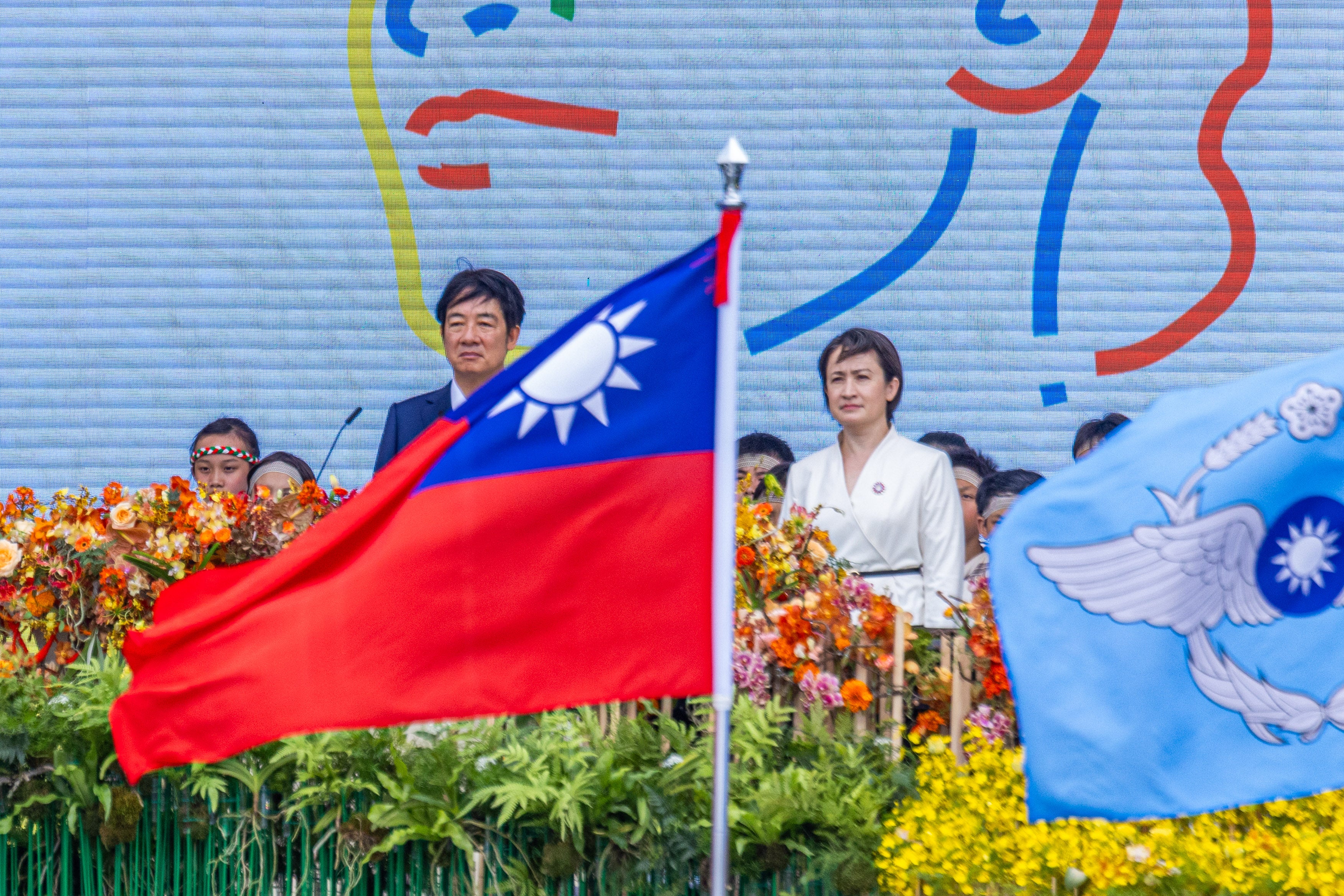China introduces death penalty for ‘diehard’ Taiwan independence supporters
New judicial rules prescribe jail terms ranging from 10 years to life imprisonment for other advocates of Taiwanese separatism
Your support helps us to tell the story
From reproductive rights to climate change to Big Tech, The Independent is on the ground when the story is developing. Whether it's investigating the financials of Elon Musk's pro-Trump PAC or producing our latest documentary, 'The A Word', which shines a light on the American women fighting for reproductive rights, we know how important it is to parse out the facts from the messaging.
At such a critical moment in US history, we need reporters on the ground. Your donation allows us to keep sending journalists to speak to both sides of the story.
The Independent is trusted by Americans across the entire political spectrum. And unlike many other quality news outlets, we choose not to lock Americans out of our reporting and analysis with paywalls. We believe quality journalism should be available to everyone, paid for by those who can afford it.
Your support makes all the difference.China has added the death penalty to judicial guidelines on criminal punishment for "diehard" supporters of Taiwanese independence.
The new guidelines, notified on Friday, state that Chinese courts and prosecutors should "severely punish Taiwan independence diehards for splitting the country and inciting secession crimes”.
The guidelines are in accordance with existing laws such as the 2005 anti-secession law, state-run Xinhua news agency reported.
Promoting Taiwan's membership in international organisations or official exchanges or military contacts with foreign countries are punishable under the guidelines, according to a legal opinion issued by China’s top court, prosecutor and several ministries on Friday. The punishment ranges from jail sentences to the death penalty and trials can be held without defendants present, the opinion states.
China considers the self-governed island as an integral part of its territory and its position is accepted or acknowledged by all but a handful of countries as well as the United Nations.
Beijing has stepped up military and diplomatic pressure on Taipei in recent years and conducted a fresh round of war games around the island last month following the inauguration of new leader Lai Ching-te.
The military exercises came after Mr Lai, in his inaugural speech, urged China to “accept the reality” of Taiwan’s de facto independence.
This month, he accused China of seeing the “annexation” and “elimination” of Taiwan as “its great national cause”.
Beijing has criticised Mr Lai as a “separatist” and the new rules are seen as a move to pile pressure on him.

The death penalty under the new rules is applicable only to "ringleaders" who "cause particularly serious harm to the state and the people”. Other advocates of Taiwan's independence face jail terms ranging from 10 years to life imprisonment.
Chen Binhua, a spokesperson for the Taiwan Affairs Office in Beijing, said on Friday that the guidelines do not concern the majority of the island’s people but “only a small group of diehard separatists".
Taiwan's Mainland Affairs Council slammed the rules and urged its people not to feel threatened by China.
"Beijing authorities have absolutely no jurisdiction over Taiwan and the Chinese communists' so-called laws and norms have no binding force on our people," it said in a statement. “The government appeals to our country’s people to feel at ease and not to be threatened or intimidated by the Chinese Communist Party.”
China has taken legal action against Taiwanese officials before.
It has imposed sanctions on the island’s former de facto ambassador to the US and current vice president Hsiao Bi-khim and announced similar measures against five Taiwanese political commentators for inciting "hostility and confrontation between the two sides of the Taiwan Strait".
In a related development, China has banned several business units of American aviation manufacturer Lockheed Martin Corp and three of its executives from the country for signing arms deals with Taiwan.
Taiwan relies heavily on the US, its chief ally, for arms even as it seeks to boost its military industry and increase mandatory military service for men from four months to one year. Just this week, Washington approved the sale of hundreds of armed drones, missile equipment and related support material worth $360m to Taiwan.

Join our commenting forum
Join thought-provoking conversations, follow other Independent readers and see their replies
Comments